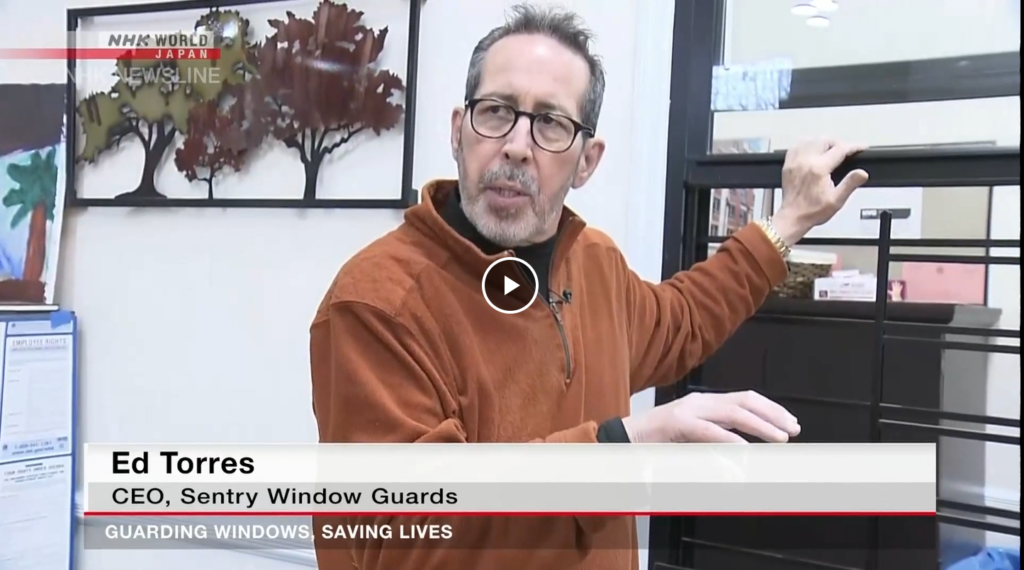New windows can make your home quieter, more attractive, less drafty and can require less maintenance than older windows. Windows also play a vital role in the security and energy efficiency of your home. If you are considering window replacement, there are some things to keep in mind. We have rounded up the list below.
Consider the Functionality
How do you want your new windows to open? You will need to know the difference between fixed, casement, single/double hung, awning, and sliding windows to determine which one is best for your specific situation. Also, what type of material would best suit your home – wood, vinyl or fiberglass?
Look for Energy Efficient Options
Every window has a label that summarizes the overall energy performance. To qualify for Energy Star status, window manufacturers have to meet standards on the two main metrics below. For both U-Value and SHGC, the lower the number, the better the window should perform.
- U-value: measures a window unit’s resistance to heat loss
- Solar Heat Gain Coefficient (SHGC): measures how much heat enters a home through the glass
Ensure an Exact Fit
The best windows in the world will not provide you with the energy efficiency and the protection you desire if they do not fit or are not installed properly. Without an airtight seal on your new windows, you may be left with issues down the road such as water damage and increased energy consumption. You may want to consider custom-made replacement windows to ensure an exact fit.
Verify Correct Installation
Your new windows are only as good as the practices used to install them. Installation, including anchoring, insulating, and sealing the window to the house to make it airtight and watertight, is as important as the quality of the window itself. Poor installation can result in water damage to your home and can void your window’s warranty. Verify that your installer has been trained by the manufacturer for the brand of window you are having installed. Also, choose an expert that will stand by their work.
Add Protection
Each year, young children are injured or die in falls from unguarded windows, even from the first floor. These tragedies are preventable with properly installed and approved window guards, which are required in many residential buildings. If you reside in New York City, homeowners must have window guards on their windows by law if children 10 years or younger are living in the home. Properly installed window guards are your best defense in preventing window falls. You can’t ever rely on insect screens to prevent a window fall. Screens alone cannot support the weight of a child.
Sentry Window Guards is your one-stop solution for window guards. From start to finish, our professionally trained staff can assist you in your window guard project. We can troubleshoot, measure, fabricate, supply, and install all within a 24 hour period. All Sentry powder coated window guard products are warranted for life against rust. Sentry is also capable of matching any color. For more information regarding our products and how they keep everyone safe at home in NYC, contact us today!









